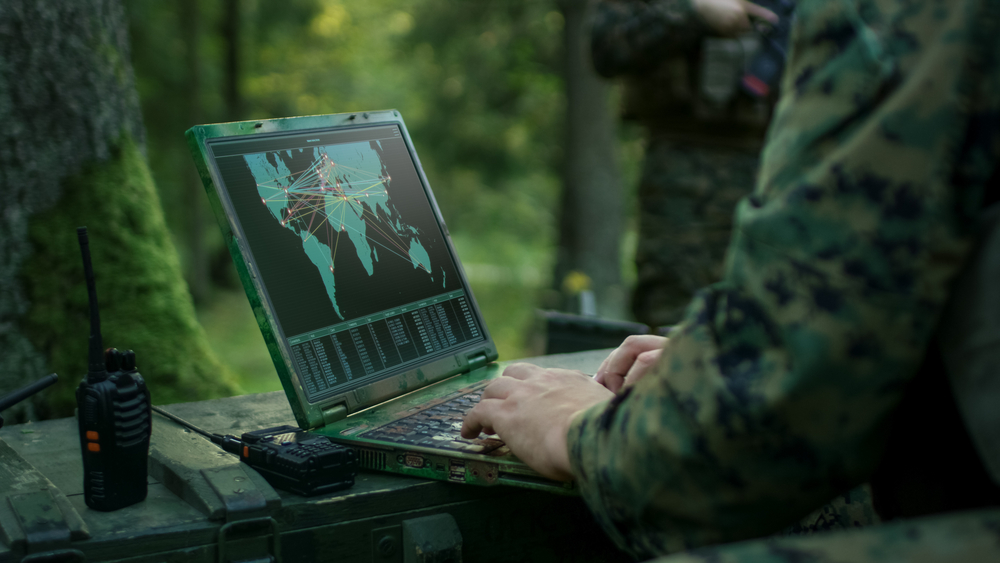OpenAI has amended its usage policies to allow its AI products to be used in some military applications as the company engages with the Pentagon on several projects.
OpenAI is working on several Department of Defense projects including cybersecurity capabilities and methods to assist with preventing veteran suicide. It’s also assisting DARPA with its AI Cyber Challenge to automatically find and fix software vulnerabilities and defend critical infrastructure from cyberattacks.
OpenAI’s engagement with the US military is a departure from its previous policy of banning military use of its products. Up until a few days ago, its usage policies page listed “military and warfare” in the list of disallowed applications.
The updated terms no longer mention the word military but still say its tools may not be used to cause harm to anyone or to develop weapons.
In an interview at Bloomberg House at the World Economic Forum in Davos, Anna Makanju, OpenAI’s VP of global affairs said, “Because we previously had what was essentially a blanket prohibition on military, many people thought that would prohibit many of these use cases, which people think are very much aligned with what we want to see in the world.”
Silicon Valley employees at Big Tech companies have often balked at seeing their engineering efforts used in military applications.
In 2019, Microsoft employees signed a letter protesting the company’s $480m contract to supply the U.S. Army with augmented-reality headsets. Last year, Google and Microsoft employees protested a joint project that would see the companies provide cloud computing services to the Israeli government and military.
An OpenAI spokesperson told CNB, “Our policy does not allow our tools to be used to harm people, develop weapons, for communications surveillance, or to injure others or destroy property. There are, however, national security use cases that align with our mission.”
If that mission includes making money for shareholders then OpenAI may have taken the first step down a slippery slope. Could we see ‘WarGPT’ in the future?
In November, Deputy Secretary of Defense Kathleen Hicks said that AI is “a key part of the comprehensive, warfighter-centric approach to innovation that Secretary Austin and I have been driving from Day 1.”
It seems inevitable that AI will be used in a broad range of military applications, including weapons. The question is, whose AI models will be under the hood?





